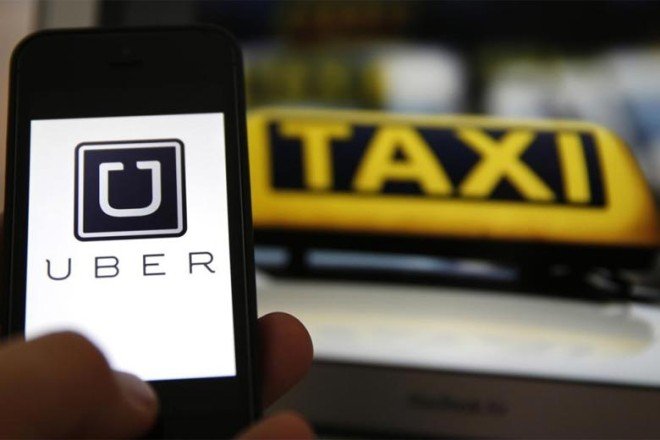There's More Money in On-Demand Taxis Than Going to Mars

The ride-hailing service you only know about because Apple invested in it has recently closed yet another funding round. This time, it's convinced investors to pump a further $7.3 billion into its war chest, setting itself up nicely for the transportation arms race that's to come.
In the other corner is Uber, which is now valued at $62.5 billion (or 3.37 NASAs) and has also spent this month adding to its war fund. On June 1st, it secured $3.5 billion in cash from Saudi Arabia in what's being called the largest single investment made into a private company. Now, the firm is looking to raise a further $2 billion in long-term loans, putting its estimated cash hoard at around $10.5 billion. That's a lot of moolah for a service that lets you hail a ride when you've spent too long in the bar.
All of this cash is going to be spent pursuing a single goal, which is to make sure that whenever you want a ride, it's with one of these two. Both will likely attempt to hire more drivers, cut ride fees and generally make sure that nobody else can compete with them. The Guardian reports that, when Uber wanted to "conquer" London, it handed out a £99 ($140) a week stipend to encourage drivers to ditch their current employer. Cynics might also add that Uber's (alleged) playbook of dirty tricks, previously used to undermine Lyft, could also get trotted out again.
The goal here is dominance in China, with a booming population, sheer size and money makes it a worthy prize for the winner. Uber's Chinese division has raised $1.2 billion in funding on its own, although that's dwarfed by the size of Didi's new fighting fund. Oh, and it's also worth noting that this battle is a proxy war that's being fought by the tech industry's biggest names. After all, Uber is backed by Baidu, Google Ventures and Microsoft, while Didi is bankrolled by Alibaba, Tencent and Apple. Imagine how hotly-contested this battle will get when self-driving cars, a passion for many of these businesses, finally hit the streets.
